detail profile pauline kael
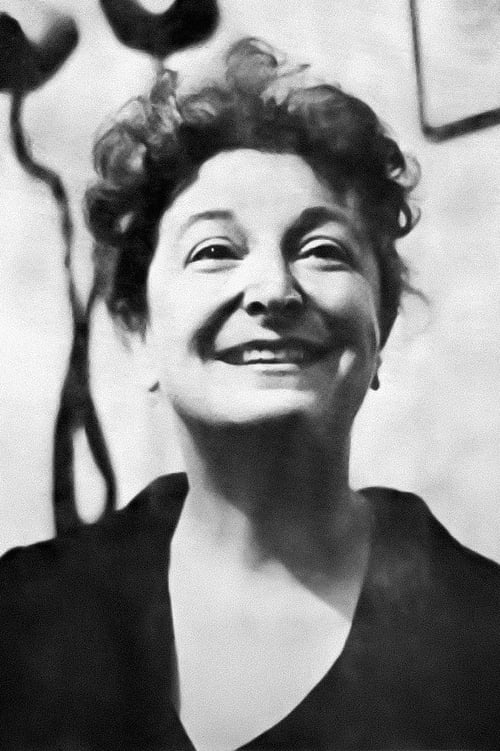
Riwayat Hidup
Pauline Kael was an American film critic who wrote for The New Yorker from 1968 to 1991.
Known for her "witty, biting, highly opinionated and sharply focused" reviews, Kael's opinions often ran contrary to those of her contemporaries.
Info Pribadi
Peran Yang Di Mainkan Pauline Kael
 Through honest reflection complemented by insight...
Through honest reflection complemented by insight...Faye 2024
Through honest reflection, complemented by insight from colleagues and friends, Faye Dunaway contextualizes her life and filmography, laying bare her struggles with mental health while confronting the double standards she was subjected to as a woman in Hollywood.
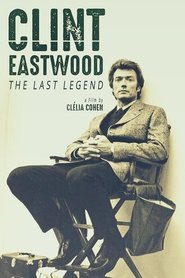 The portrait of the last cowboy...
The portrait of the last cowboy...Clint Eastwood: The Last Legend 2022
The portrait of the last cowboy Hollywood legend dives into the 65 years of an extraordinary career in Hollywood, highlighted iconic films like The Good, the Bad and the Ugly, as well as Million Dollar Baby, Mystic River and Gran Torino all the way to Cry Macho in 2021. It is no small task to cover more than 60 years of cinema history, especially when it is trying to surveyed with such breadth and diversity: TV star, international star, controversial icon, contested director, filmmaker with a capital F, Eastwood has been through it all, experienced it all, and it is first of all this romantic trajectory, this true American pastoral that the documentary wants to tell with all the passion it possibly can.
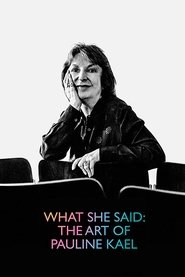 Pauline Kael 19192001 was undoubtedly one of...
Pauline Kael 19192001 was undoubtedly one of...What She Said: The Art of Pauline Kael 2019
Pauline Kael (1919–2001) was undoubtedly one of the greatest names in film criticism. A Californian native, she wrote her first review in 1953 and joined ‘The New Yorker’ in 1968. Praised for her highly opinionated and feisty writing style and criticised for her subjective and sometimes ruthless reviews, Kael’s writing was refreshingly and intensely rooted in her experience of watching a film as a member of the audience. Loved and hated in equal measure – loved by other critics for whom she was immensely influential, and hated by filmmakers whose films she trashed - Kael destroyed films that have since become classics such as The Sound of Music and raved about others such as Bonnie and Clyde. She was also aware of the perennial difficulties for women working in the movies and in film criticism, and fiercely fought sexism, both in her reviews and in her media appearances.
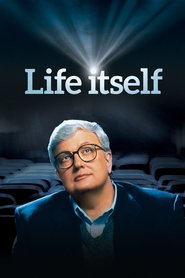 The surprising and entertaining life of...
The surprising and entertaining life of...Life Itself 2014
The surprising and entertaining life of renowned film critic and social commentator Roger Ebert (1942-2013): his early days as a freewheeling bachelor and Pulitzer Prize winner, his famously contentious partnership with Gene Siskel, his life-altering marriage, and his brave and transcendent battle with cancer.
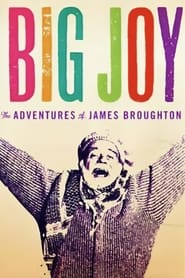 A chronicle of the iconoclastic life...
A chronicle of the iconoclastic life...Big Joy: The Adventures of James Broughton 2013
A chronicle of the iconoclastic life of gay poet, filmmaker, and spiritual visionary James Broughton, one of the defining voices of the sexual revolution, whose groundbreaking artistic celebrations of sexuality and the body influenced generations of the 1960s and '70s to profoundly embrace life and ‘follow your own weird’.
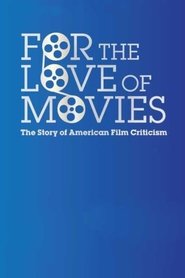 The story of American film criticism
The story of American film criticismFor the Love of Movies: The Story of American Film Criticism 2009
The story of American film criticism.
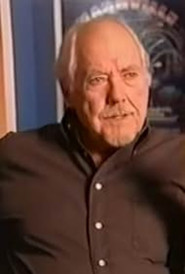 A look at the life and...
A look at the life and...Altman on His Own Terms 2000
A look at the life and career of acclaimed independent filmmaker Robert Altman...on his own words. The genius director who shook the cinema industry with countless films examines some of his most important works, along with friends and regular collaborators.
 Profile of Clint Eastwood
Profile of Clint Eastwood